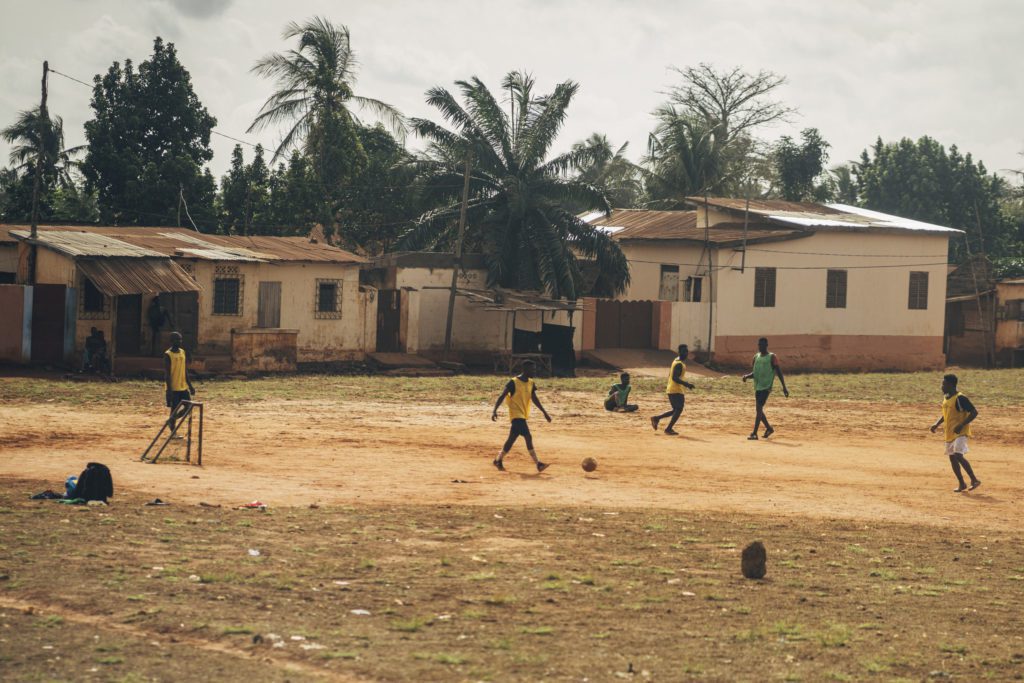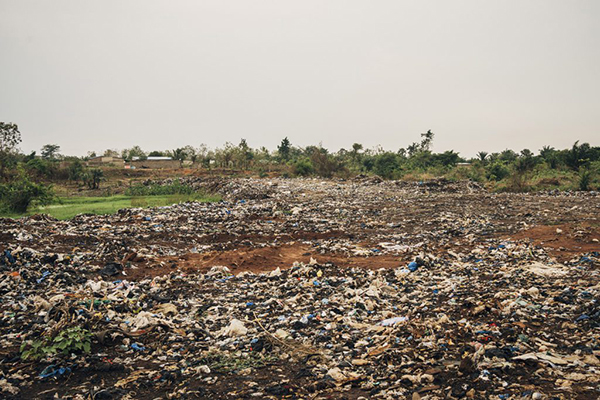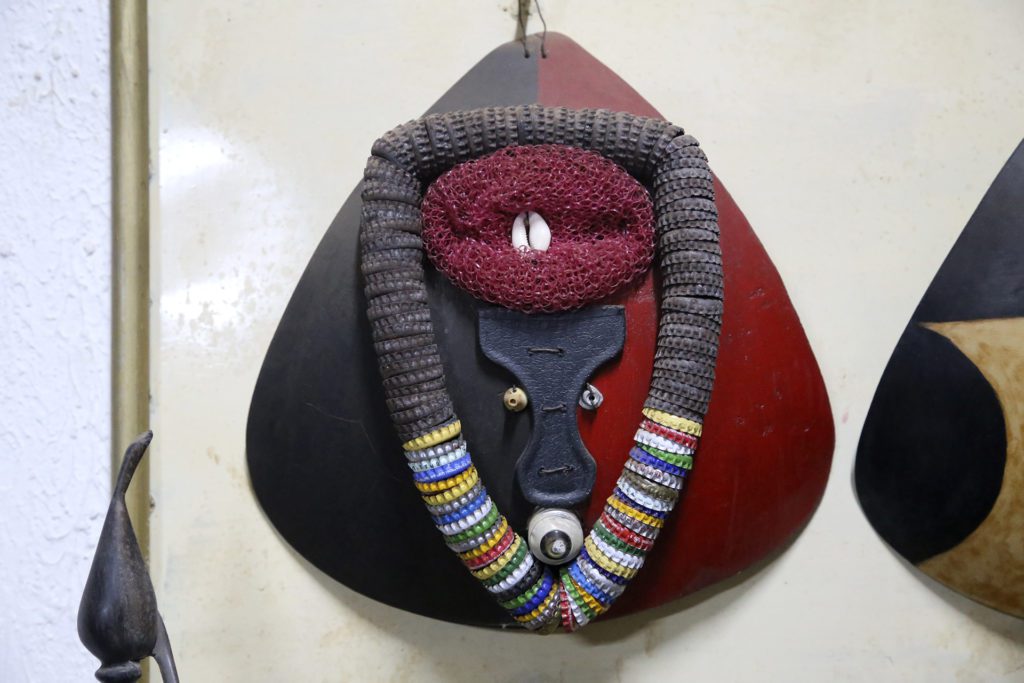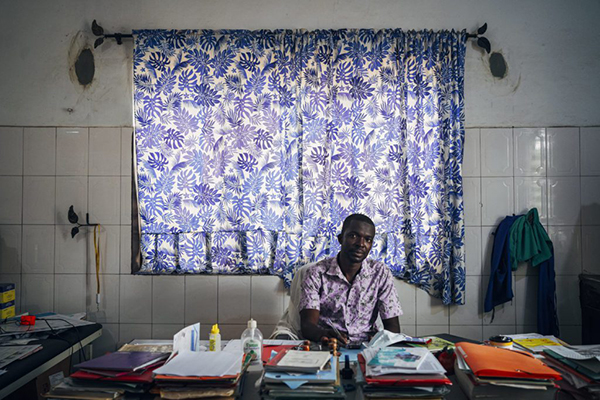Despite major structural challenges, as a continent Africa is making progress on the Sustainable Development Goals (SDGs). Implementing projects that involve these goals and support their achievement is vital for the well-being of Africans.
The International Monetary Fund (IMF) predicted that six of the 15 fastest growing economies between 2019 and 2023 would be from Africa. According to the 2019 Human Development Report (HDR), African countries saw significant improvements in human development. This translated into a more than 11-year increase in life expectancy from 1990 to 2018, with more people having access to health and education.
However, the COVID-19 pandemic has taken its toll on the continent’s development, paralysing many of these gains, such as the fight against hunger, access to education for girls, and improved health systems. Even so, progress on the continent is unstoppable. The challenge now is for Africa to continue to grow in a sustainable way.
The major challenges for sustainable development in Africa
According to the United Nations, the following needs to be taken into consideration for Africa to achieve truly sustainable development:
- Ensure effective and efficient macroeconomic management and accelerate inclusive economic transformation and diversification.
- Harness youth demographics and invest in youth and women’s empowerment. The three priority focuses for giving a voice to these people who generally do not hold political or economic power are health, education and employment.
- Promote climate action and socio-ecological resilience.
- Move towards peace, security and respect for human rights in the most unstable and conflict-ridden contexts.
- Provide a humanitarian solution to the flows of displaced persons and migrants.
- Leverage new technologies and facilitate digital transitions for growth and inclusive development.
Sustainable projects in Africa: the agricultural sector and climate change
A clear example of the challenge for sustainable development in Africa is the agricultural sector. The African agricultural sector is particularly vulnerable to the effects of climate change. Extreme weather events—such as severe storms, torrential rains and prolonged periods of drought—threaten the food security and livelihoods of millions of smallholder farmers, especially the rural poor. This is compounded by pests and the battle for control of land and resources between some states and insurgent groups, like those conflicts in Burkina Faso, Ethiopia and Somalia.
This context makes work in the primary sector and innovation for sustainable development difficult. Fortunately, initiatives by organisations such as One Acre Fund and Green Climate Fund are changing this narrative by democratising land, encouraging agricultural cooperatives and promoting living wages for farmers.
At Anesvad Foundation we also contribute to shifting this paradigm through Weconomy, the responsible management of our assets. We partner with impact funds such as Amsons to provide wheat mills and storage to smallholder farmers in Tanzania.
Whilst Tanzania had a vibrant wheat production sector several decades ago, this is not the case today. To meet the growing demand for wheat flour both in Tanzania and in neighbouring countries, we are supporting the supply of 19,000 tonnes to 35 small-scale farmers (20 to 200 hectares each) and two large-scale farmers (over 200 hectares each). Moreover, all have improved their contracts and sales prices for the wheat they produce.
The ultimate goal is to prioritise local raw material and to support farmers in improving the quality of the wheat harvest to ensure environmentally friendly farming.






